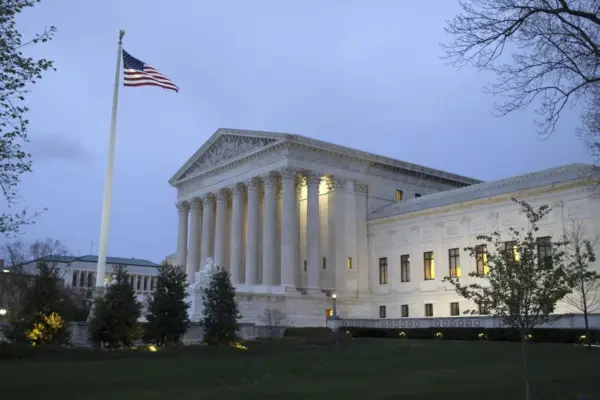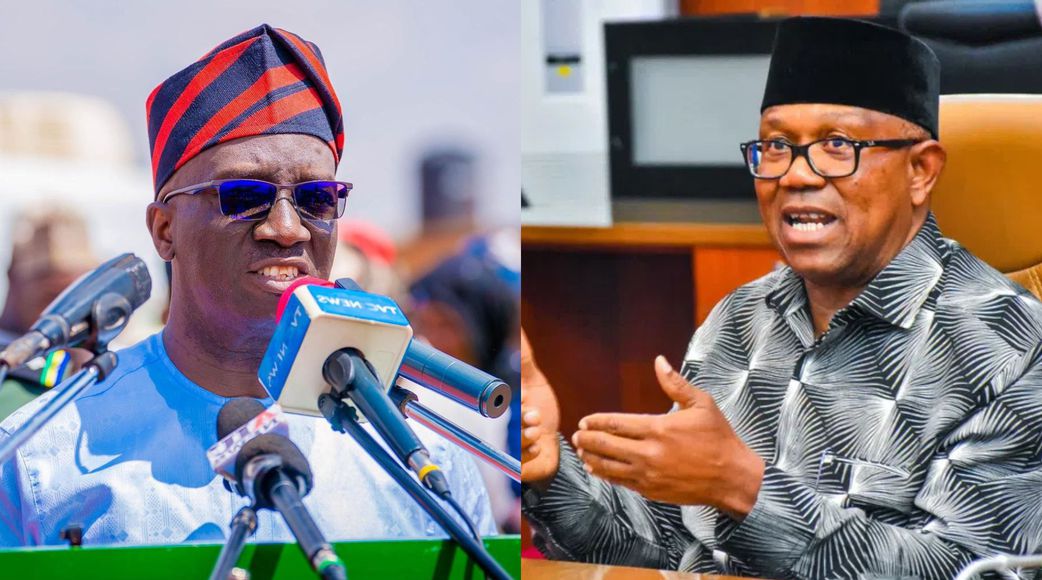By Ayomide Otitoju
The United States Supreme Court on Friday delivered a significant legal victory to former President Donald Trump’s administration, allowing it to move forward with revoking the legal status of more than 500,000 migrants previously protected under a humanitarian parole programme.
In a 6-3 decision, the court granted an emergency appeal by the Trump administration, effectively lifting a lower court’s injunction that had temporarily blocked the termination of the parole initiative. The ruling places approximately 530,000 migrants—primarily from Cuba, Haiti, Nicaragua, and Venezuela—at risk of deportation.
The parole programme, established during President Joe Biden’s tenure and formally known as the CHNV (Cuba, Haiti, Nicaragua, and Venezuela) Humanitarian Parole, had provided temporary permission for migrants to live and work in the United States for two years due to urgent humanitarian needs or significant public benefit.
Liberal justices Ketanji Brown Jackson and Sonia Sotomayor dissented, warning of the human toll the decision could bring. “This order will have the lives of half a million migrants unravel all around us before the courts decide their legal claims,” Justice Jackson wrote in her dissent.
The administration has argued that the programme was unlawfully implemented and inconsistent with immigration law. Homeland Security Secretary Kristi Noem formally announced the end of the CHNV parole initiative in March, following an executive order signed by Trump on his return to office directing the Department of Homeland Security to dismantle parole schemes.
White House Deputy Chief of Staff Stephen Miller praised the decision in an interview with CNN, saying, “The Supreme Court justly stepped in. We now have the opportunity to remove 500,000 invaders who were allowed to stay without legal basis.”
Immigration rights advocates have strongly condemned the ruling. Several groups, along with individual migrants, had filed lawsuits arguing that deportation would expose them to threats of violence, persecution, and death in their home countries. “This is a humanitarian crisis in the making,” said a spokesperson for the National Immigration Justice Center.
The ruling follows a similar decision earlier this month, in which the Supreme Court permitted the Trump administration to end Temporary Protected Status (TPS) for approximately 350,000 Venezuelans—another immigration safeguard designed to shield individuals from unsafe conditions in their native countries.
Humanitarian parole programmes have historically been used to offer refuge to populations in crisis, from Cubans in the 1960s to Ukrainians following the Russian invasion in 2022. The future of such programmes now remains uncertain under the renewed hardline immigration approach of the Trump administration.












